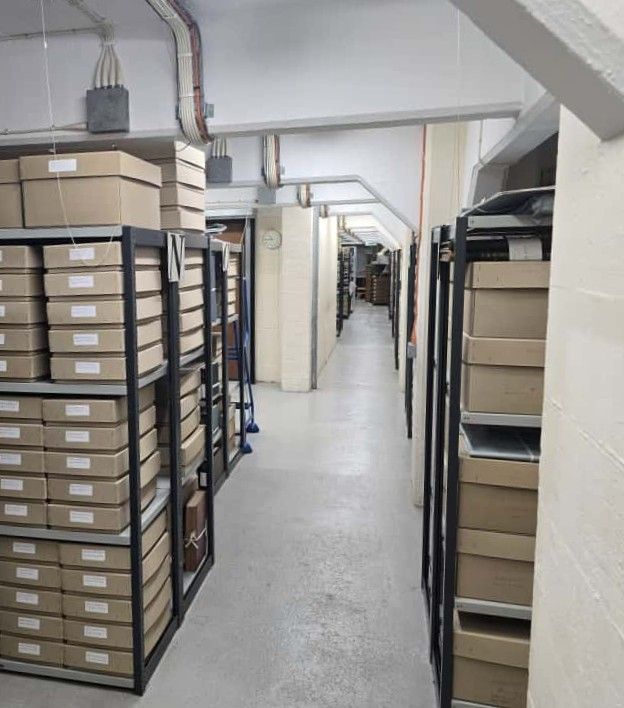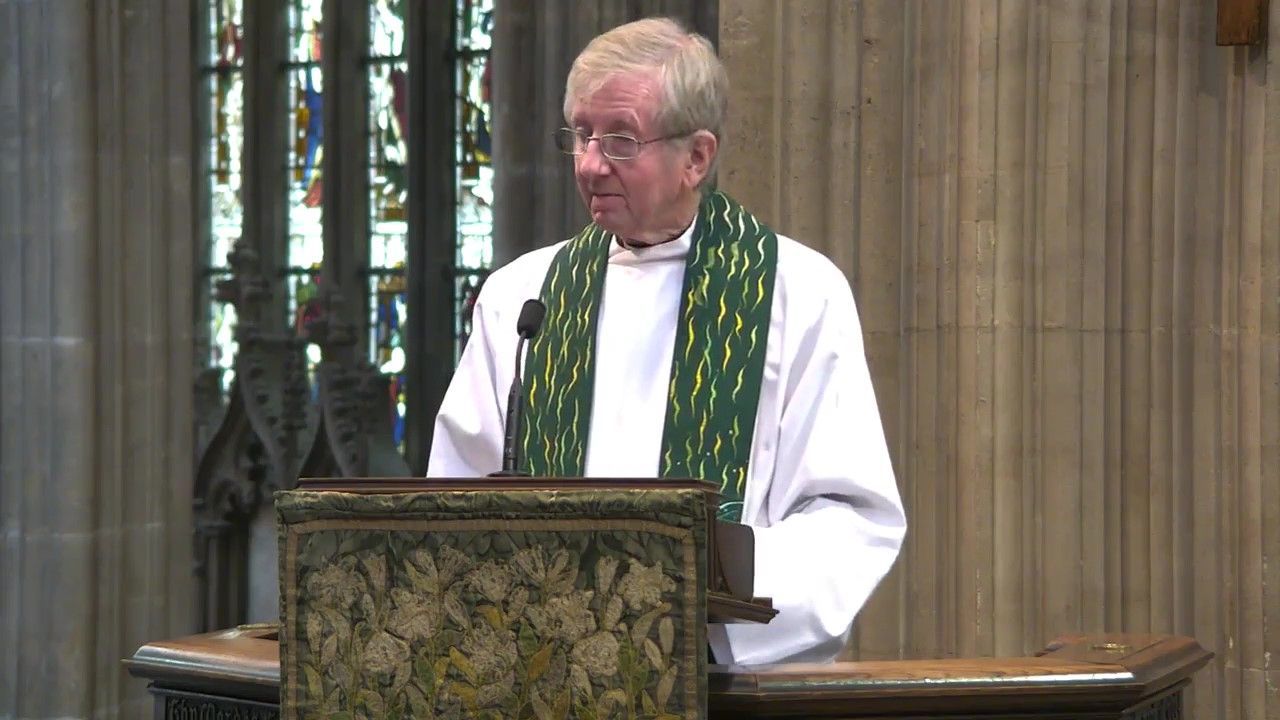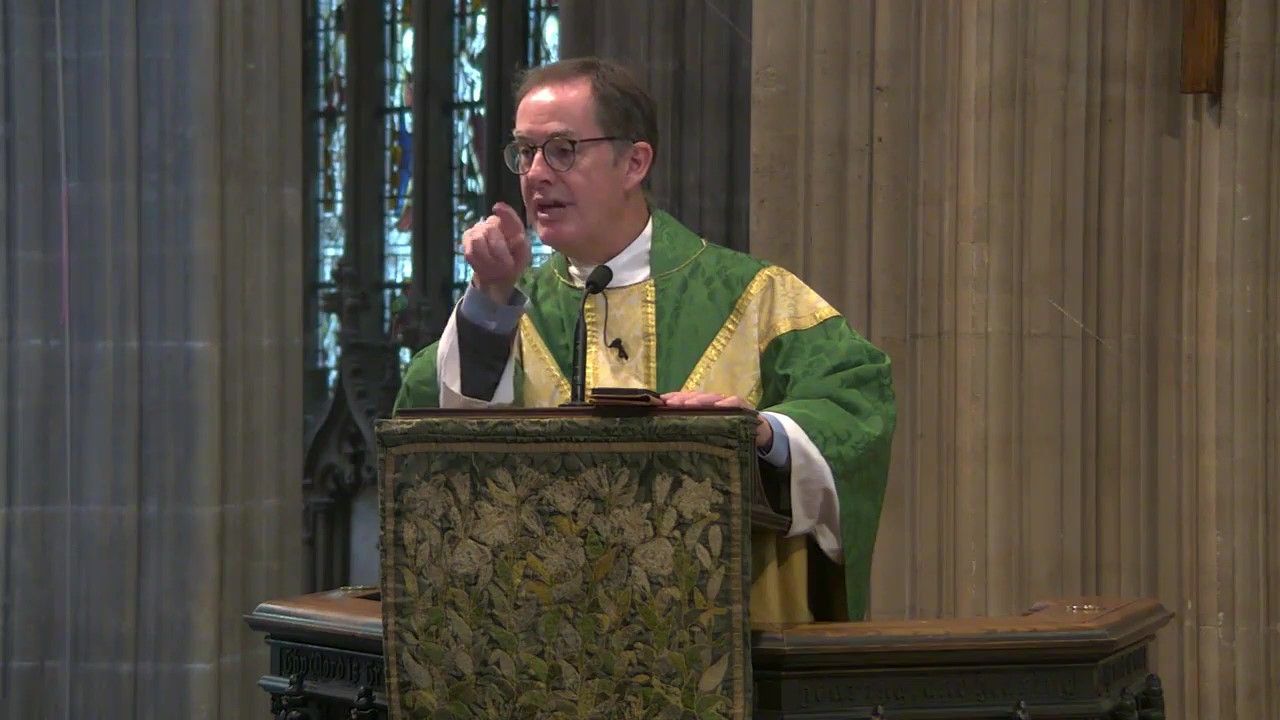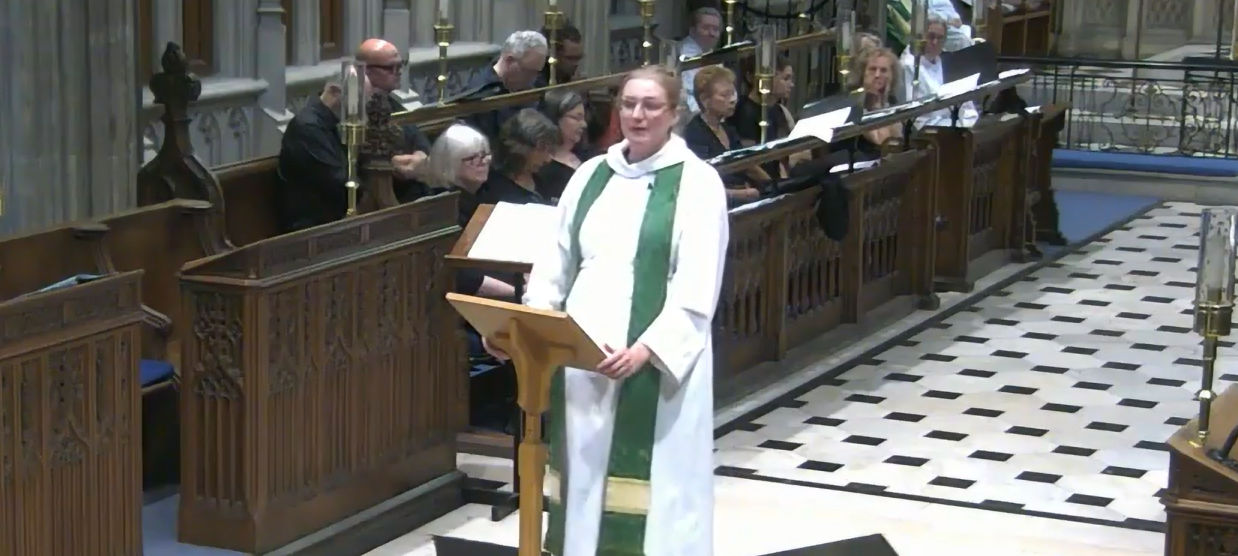Let it alone for one more year
This line comes from the Parable of the Fig Tree in Luke's gospel, and it's part of Sunday morning's reading. The story goes that a man has decided that the fig tree in his vineyard should be cut down because there is no fruit growing on it. His gardener says, "Let it alone for one more year". He promises to prune it, manure it, mulch it and then, if nothing happens after another year, cut it down then.
The first question this brings to mind is why is there a fig planted in a vineyard? Some suggest that they make good use of the corners of fields where you can't grow vines: but, if so, why not leave it there? Others say that, because figs and grapes ripen at the same time and birds tend to prefer the sweeter taste of figs, the vines produce more fruit. In the Beaune region of France roses are planted amongst the vines because they are both susceptible to the same diseases, but roses react more quickly and thus give farmers warning that the vines are in danger of being affected. Whatever the reason, we can assume that the farmer in the story (and of course the storyteller, who is Jesus) as well as all those listening in would not be surprised to hear about fig trees being planted, pruned and uprooted in vineyards.
So, perhaps that's not where the truth of this little parable is to be found. Fast forward a year and the farmer and the gardener are talking about that fig tree once again: if we've given it one year (says the gardener) why not give one more year?
This is a theme that runs through the Hebrew scriptures. Take as an example Abraham bargaining with God for the people of Sodom: Abraham starts by suggesting that God wouldn't really destroy the whole of the city if fifty righteous people could be found within it. And God agrees. Within a very short exchange God has been bartered down and agreed that he will not destroy the city if ten righteous people can be found. And in other gospels, Jesus tells his followers that if someone asks for your coat to give your shirt as well, and if a soldier compels you to carry his pack one mile to carry it two.
The point is that we are being faced with an economic model that doesn't align with our (or pretty much any) understanding of prudent economics. This economic model doesn't add up because the starting point is usually about slicing and dicing what we have: it's a model based on scarcity. We only have this much and it has to do this and that and that and this.
God's economy is not based on scarcity but not generosity; not based on slicing and dicing but magnifying and amplifying. The cake taken to a party can only go round a limited number of people no matter how small a slice each person has: the flame from the first candle can light every guest's candle and carry on lighting the candles of every person each guest knows.
If we come to this parable with the economy of scarcity in mind, the fig tree will soon be gone. If, however, we come to this parable on the basis of the economy of generosity, the fig tree will be let alone for one more year, and one more year, and one more year.
Which is good news for us all.
Dan Tyndall
18 March 2022






